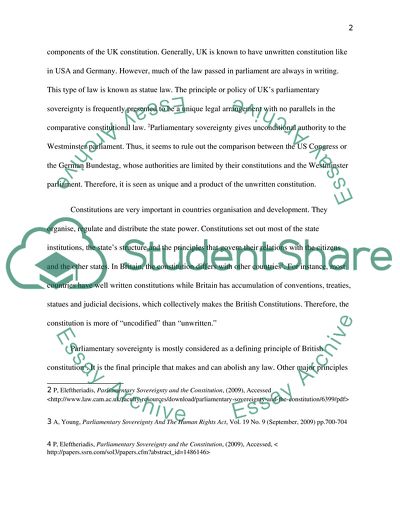Cite this document
(Administrative and Constitutional Law Essay Example | Topics and Well Written Essays - 2000 words, n.d.)
Administrative and Constitutional Law Essay Example | Topics and Well Written Essays - 2000 words. https://studentshare.org/law/1790392-administrative-constitutional-law-public-law
Administrative and Constitutional Law Essay Example | Topics and Well Written Essays - 2000 words. https://studentshare.org/law/1790392-administrative-constitutional-law-public-law
(Administrative and Constitutional Law Essay Example | Topics and Well Written Essays - 2000 Words)
Administrative and Constitutional Law Essay Example | Topics and Well Written Essays - 2000 Words. https://studentshare.org/law/1790392-administrative-constitutional-law-public-law.
Administrative and Constitutional Law Essay Example | Topics and Well Written Essays - 2000 Words. https://studentshare.org/law/1790392-administrative-constitutional-law-public-law.
“Administrative and Constitutional Law Essay Example | Topics and Well Written Essays - 2000 Words”. https://studentshare.org/law/1790392-administrative-constitutional-law-public-law.


